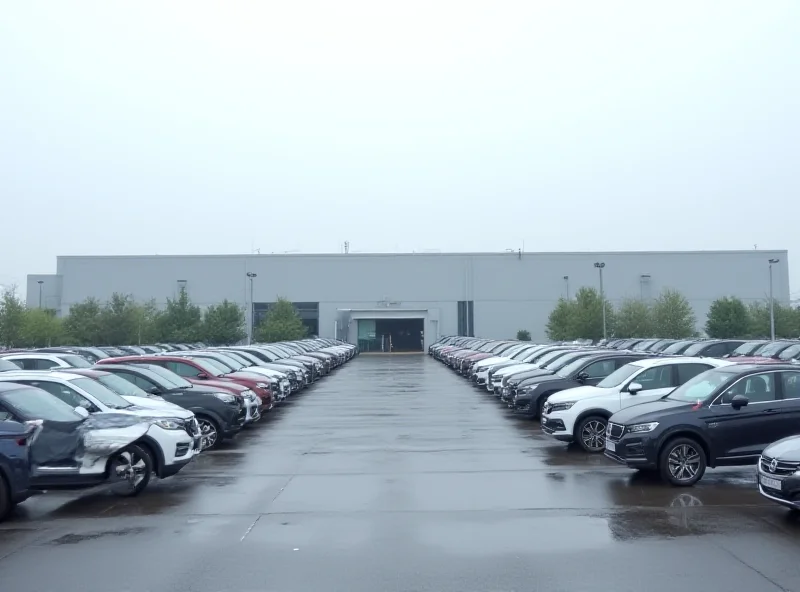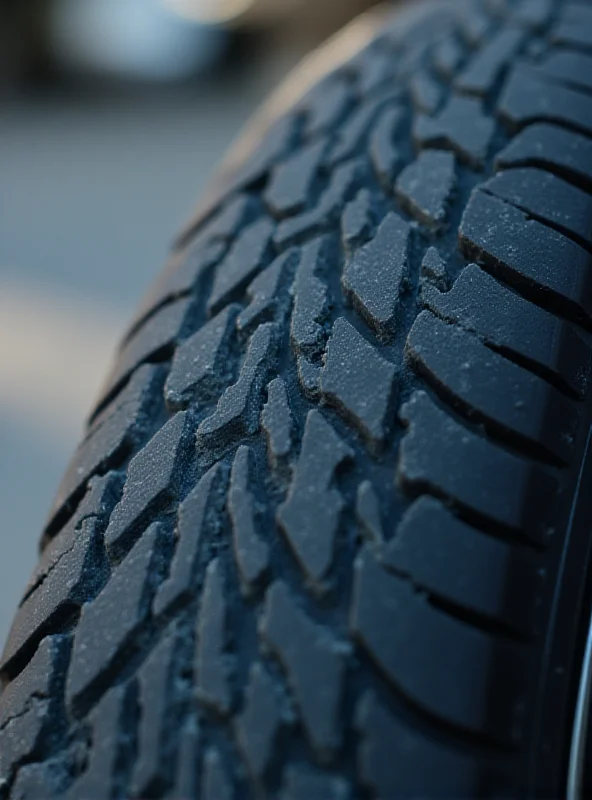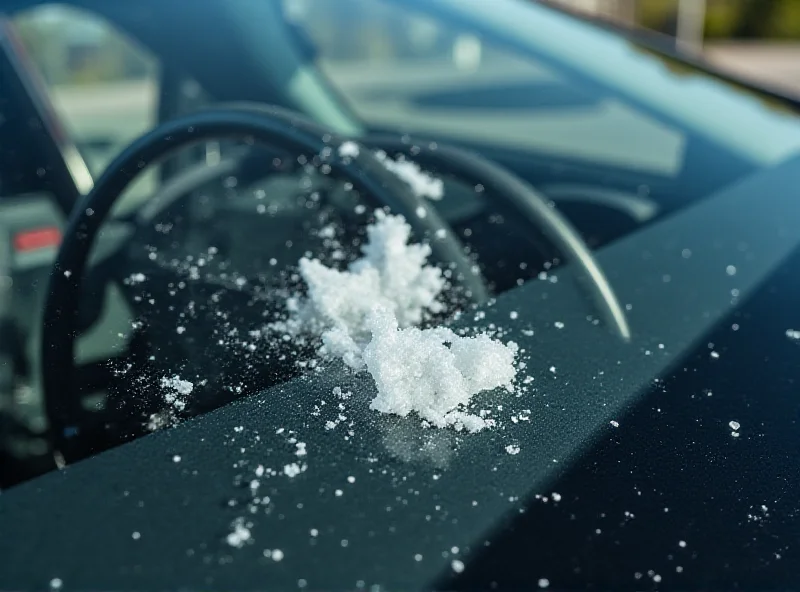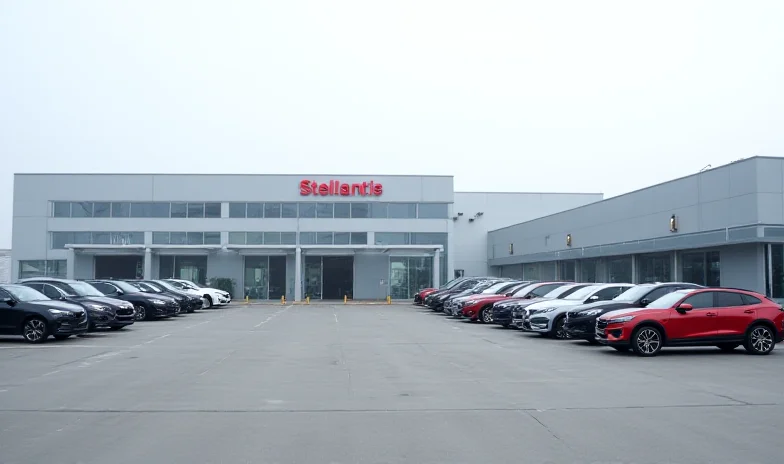The automotive industry is facing a complex landscape of challenges, from supply chain disruptions to evolving regulations. Stellantis, the multinational automotive giant, is feeling the pressure, with recent reports indicating a significant drop in profits.
Stellantis Hit by Profit Decline
According to recent reports, Stellantis experienced a tough year, with net profits plummeting by 70% to 5.5 billion euros. Revenue and sales also declined at a double-digit pace. The company attributes these challenges to temporary supply disruptions and inventory reductions. These factors have clearly impacted Stellantis' bottom line, raising concerns about the company's performance in the coming year.
Adding to the pressure, recent data on January vehicle registrations in Europe shows a further contraction of 16%, with market share shrinking from 18% to 15.5% compared to the previous year. Italy's Salvini has been critical, blaming Brussels for the dramatic downturn.

Despite the company's struggles, former CEO Carlos Tavares is set to receive a substantial severance package of 12 million euros following his resignation. His compensation for 2024 was reported to be 23.1 million euros, a figure that has raised eyebrows amidst the company's financial difficulties.
Beyond Stellantis: Tire Tests and Airbag Recalls
The automotive industry's woes extend beyond Stellantis. Recent tests of 18-inch summer tires by European automobile clubs revealed significant differences in performance. One tire stood out for its exceptional longevity, but its braking performance was notably poor. This highlights the trade-offs involved in tire design and the importance of considering multiple performance factors.
Furthermore, the ongoing Takata airbag recall continues to plague the industry. Faulty equipment from the now-defunct Japanese company has triggered the largest car recall in automotive history. What began in the United States over fifteen years ago has now spread to Europe, with delays by manufacturers and authorities exacerbating the problem. This underscores the critical importance of safety standards and the potential consequences of defective automotive components.

Critical Raw Materials in the Spotlight
The availability of critical raw materials is also a growing concern for the automotive industry and other high-tech sectors. While rare earth elements often grab headlines, it's important to distinguish them from other "Critical Raw Materials" cataloged by the EU, such as lithium, cobalt, nickel, and titanium. These materials are indispensable for high-tech industrial production, and ensuring their sustainable supply is a strategic priority.
The proposed deal by the USA concerning critical raw materials in Ukraine is reportedly focused on lithium, cobalt, nickel, and titanium, not rare earth elements, highlighting the importance of accurate reporting and understanding the nuances of these complex issues.

The automotive industry is facing a confluence of challenges, from declining profits and supply chain disruptions to safety recalls and concerns about critical raw materials. Navigating this complex landscape will require innovation, collaboration, and a commitment to sustainability.

"The automotive industry is facing a confluence of challenges, from declining profits and supply chain disruptions to safety recalls and concerns about critical raw materials. Navigating this complex landscape will require innovation, collaboration, and a commitment to sustainability."
